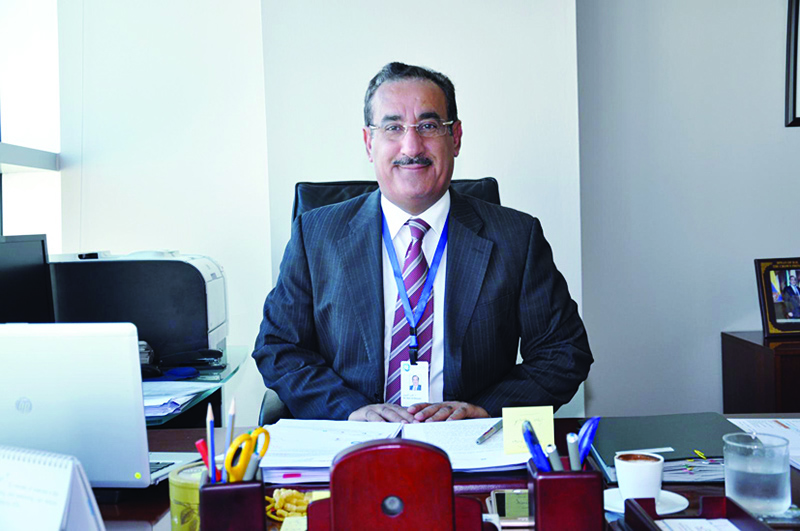
KUWAIT: Dasman Diabetes Institute (DDI), in collaboration with the Ministry of Health (MoH) and Kuwait University, recently developed a model to study the spread of coronavirus infection in Kuwait. This model is called the Predictive Mathematical Model SARS COV 2.
Dr Qais Al-Duwairi, Director General of DDI, explained that the Predictive Mathematical Model SARS COV 2 takes into consideration geographic location, or where you live in Kuwait, and demographic information like age, ethnicity, gender, marital status, income, education, and employment. “We use this information to stimulate the current reality in Kuwait and evaluate a virus containment strategy before its application,” he said.
Dr Duwairi also stated that this model and its capabilities have been offered to the MoH to support their efforts to contain the virus. DDI has also cooperated with the MoH to carry out genetic sequencing of the COVID-19 virus. Dr Duwairi continues by stating that “This is a part of the active support and cooperation between the ministry and DDI that allows us to utilize our scientific expertise to further study COVID-19.”
In collaboration with the Kuwait Foundation for the Advancement of Sciences (KFAS), DDI sequenced four samples of the novel coronavirus (COVID-19). Dr Duwairi highlighted that “while all virus sequences show a slight variation to one another, the genetic sequence gathered from these samples shows a slight similarity to the strain in Wuhan, China and Germany, with some genetic differences. Our researchers have found that the COVID-19 strain found in other European countries is a diversified and mutated version of the virus.”
Dr Duwairi continues by stating that everyone is susceptible to the virus. However, older people and those with pre-exiting or underlying medical conditions are at a high risk of becoming severely ill with the virus. High risk conditions are dependent on age (65 years or older), diabetes, moderate to severe asthma, serious heart conditions, autoimmune diseases, obesity, liver disease and kidney disease.
“My advice to everyone is to first listen to the information and guidelines given to you by the MoH and the government. Wash your hands regularly. Maintain social distancing. Avoid touching your eyes, face and mouth. Monitor your blood glucose levels to maintain good glucose control. Any infection will raise your glucose levels. Make sure you have a supply of your diabetes medication.”
.jpg)









